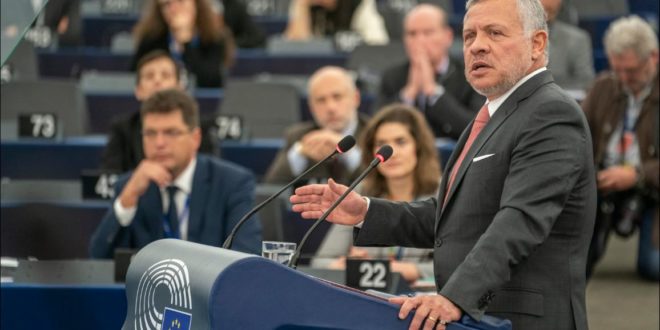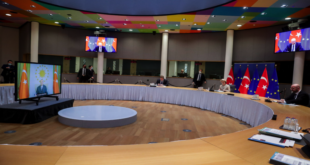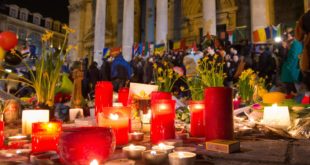King Abdullah of Jordan on Monday warned that ISIS was regrouping and was once again on the rise in the Middle East.
Months after the ousting of ISIS last year from their last Syrian holdout, Abdullah said his “major concern is that we have seen over the past year the re-establishment and rise of ISIS, not only in southern eastern Syria but also in western Iraq.
“We have to deal with the reemergence of ISIS,” the king added in an interview with TV channel France 24 ahead of talks this week in Brussels, Strasbourg and Paris. He also said many foreign fighters from Syria were now in Libya.
“From a European perspective, with Libya being much closer to Europe, this is going to be an important discussion in the next couple of days,” Abdullah said.
“Several thousand fighters have left Idlib (Syria) through the northern border and have ended up in Libya, that is something that we in the region but also our European friends will have to address in 2020.”
Regarding last week’s spiking of tensions between Iran and the United States, Abdullah said he hoped that “in the next several months we set the right tone for the region, which is really to bring the temperature down”.
“So far it looks like de-escalation, we hope that that continues to be the trend. We can’t afford instability in our part of the world.
“Whatever happens in Tehran will affect Baghdad, Amman, Beirut, the Israeli Palestinian process.”
Abdullah added that the recent deployment of Turkish troops in a training capacity to Libya “will only create more confusion” in the country.
Both sides in Libya’s conflict agreed to a ceasefire from Sunday to end nine months of fighting, following weeks of international diplomacy and calls for a truce by power-brokers Russia and Turkey.
A UN report in November said several countries were violating the arms embargo on Libya in place since the overthrow of former Libyan President Muammar Qaddafi in 2011.
The Libyan National Army has reportedly received backing from the United Arab Emirates, Jordan, Egypt and Russia, while Turkey backs the UN-recognized Government of National Accord and voted this month to allow a troop deployment to the North African country.
Jordan, whose stability is seen as vital for the volatile Middle East, hosts some 1.3 million refugees from neighboring war-torn Syria.
_____________________________________________________
(*) This article was originally published on Al Arabiya English. Read the original article. The views expressed in this article belong to the author and do not necessarily represent ForMENA
 ForMENA Council for MENA affairs
ForMENA Council for MENA affairs



